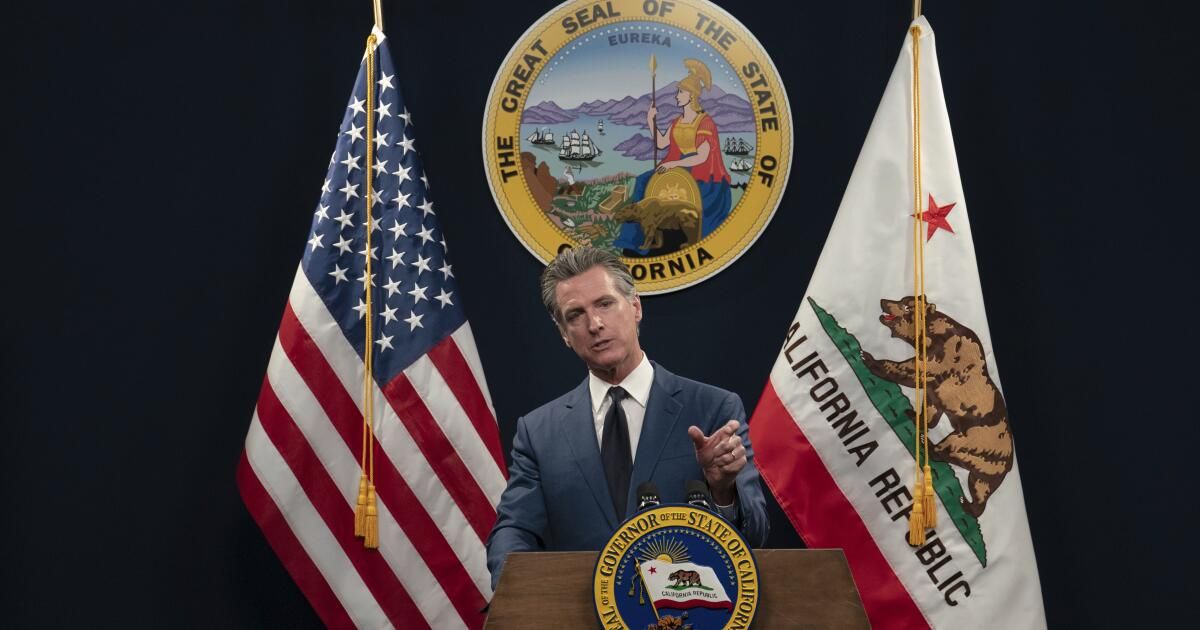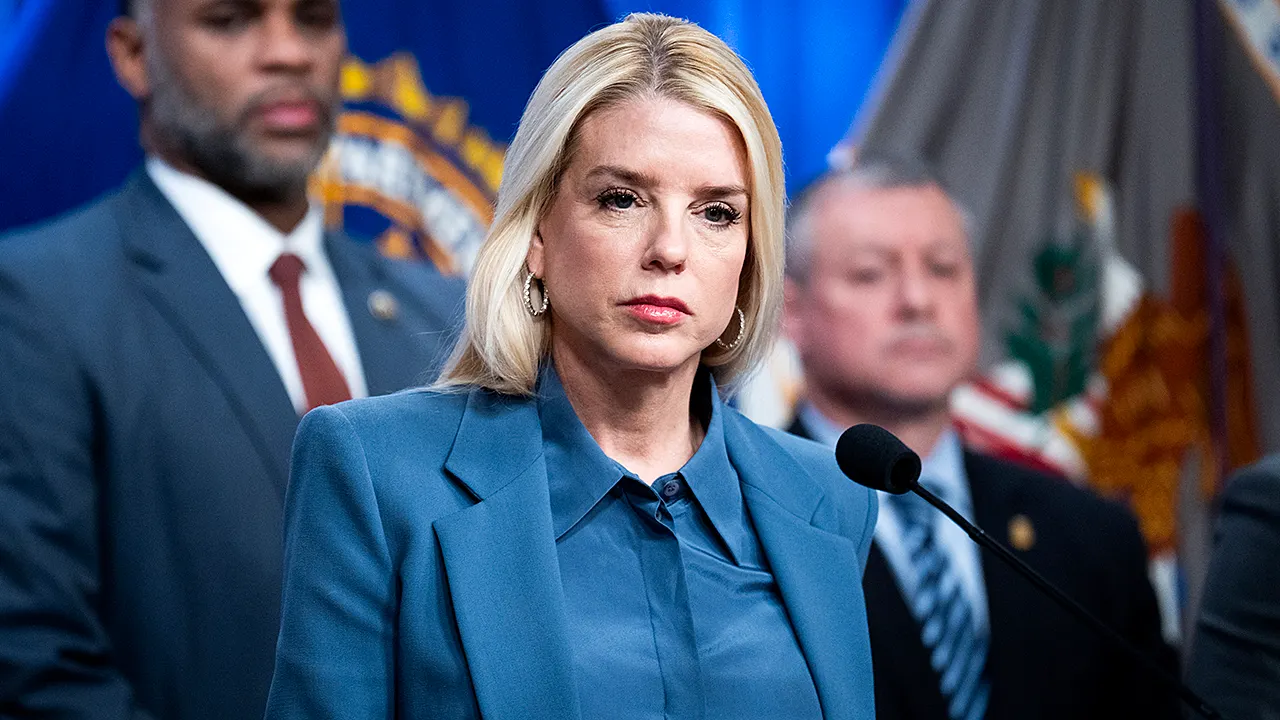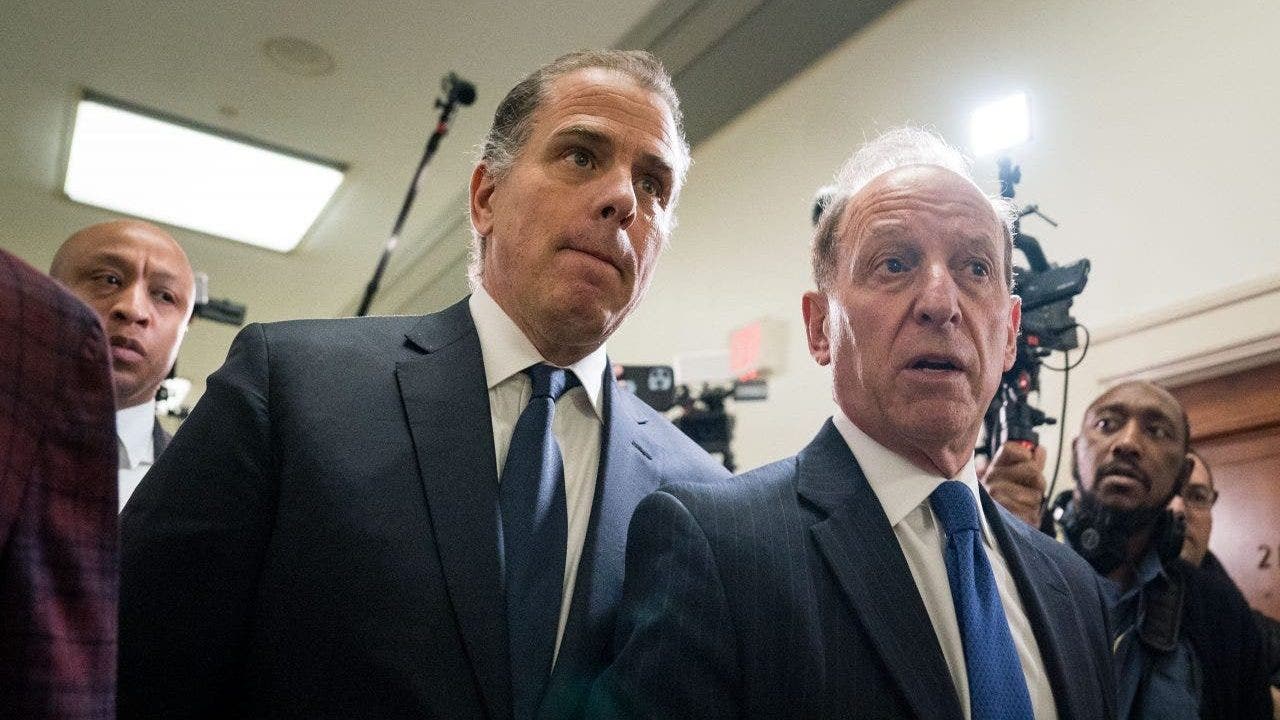Here's a novel idea: don't spend money until you have it. What a concept!
Governor Gavin Newsom proposed this as a way to avoid future devastating state budget shortfalls. They have become all too common as Sacramento politicians go through cycles of economic booms and busts.
The state budget in California is a constant roller coaster due to our volatile and outdated tax system. Politicians don't have the guts to fix it because there would be both losers and winners. They resist alienating any interest group or friendly voter.
California, unlike the federal government, relies too heavily on the capital gains of the wealthy to fund its generous programs. When the stock market soars, the State takes a good part. When the market falls, so do state tax revenues.
This again became clear when Newsom on Friday sent the Legislature a revised and reduced $288 billion state budget proposal for the fiscal year that begins July 1.
In 2022, capital gains accounted for 13% of total personal income taxes owed, according to the state Department of Finance. Those taxes were mostly paid in 2023 and are currently helping fund the state budget in the red. But that was a huge drop in capital gains income from the previous year. In 2021, capital gains accounted for 25% of total income tax.
That amounted to an $18 billion reduction in capital gains income year over year.
And it's worse than that. Those numbers “underestimate the impact of capital gains income on the budget,” a finance department numbers cruncher told me. This is because they do not include tax liabilities on capital gains of non-residents, partnerships and corporations. They are equally unstable.
Here's a more familiar example of volatility: In fiscal year 2022, during a bear market on Wall Street, the top 1% of California earners paid 38.7% of the state's personal income tax. But in 2021, when stocks were booming, the richest 1% paid nearly half (49.9%) of the income tax.
All of this means Newsom and the Legislature are crafting budgets based on revenue projections that fall far short of expectations. Budgets then develop huge holes. And now they have to be filled with spending cuts, borrowed money, savings and tricks.
Newsom's revised budget indicates a budget shortfall of about $45 billion, $7 billion more than he projected in January. But no one really knows what the real figure is. Independent state legislative analyst Gabe Petek has pegged it at $73 billion over a three-year period.
“The volatility is unbelievable,” Newsom said repeatedly, in one form or another, as he outlined his revised budget proposal.
Returning to the governor's partial long-term solution: He wants to delay some spending until projected revenues – particularly from capital gains – actually hit the state's bank account. In fact, he would create a new account for the “excess income.”
“Limit the appropriation of funds until they materialize,” Newsom told reporters. In his budget document, he puts it this way: “Ensure that the state does not commit certain amounts of anticipated future revenue until such revenue has been realized.”
Newsom offered no details beyond that, a familiar pattern for this governor and the Legislature. Details will be negotiated behind closed doors, away from the public's sight and hearing.
Chief Financial Officer Joe Stephenshaw said the administration hopes to include the concept in the new budget.
By law, the spending plan must be approved by June 15. If not, lawmakers will lose their salaries and spending money. But many details will not be revealed until later in the so-called bills. So the budget deadline is not really met, only in name.
Newsom sees his budget account proposal as a necessary step toward enacting a requirement that the state save more money in a rainy day reserve. That would need voter approval. He believes the bill would help generate the public support needed to overcome the spending lobby's likely opposition to greater savings.
But California's antiquated tax system cannot be reformed and made less volatile without flattening the tax base.
Newsom admitted it needs to be done, but said he didn't know how, given the political realities.
“Should we or should we reform the tax system? The answer is yes,” Newsom told reporters, anticipating that they would ask. “How we do it is a more difficult and challenging conversation. And volatility is fundamental in terms of the tax system that we have: the progressive tax system.”
Translation: California's liberal government thrives on soaking up the rich and imposing the highest state income tax rate in the country, 13.3%.
Well, here's an idea: How about we do what the federal government does? Tax capital gains at a lower than ordinary income. California taxes them the same as salaries.
As I have written ad nauseam, the highest income tax rates should be reduced and the sales tax should be extended to services used by the wealthy, such as lawyers, architects, and political consultants. We are one of the few states that does not tax services. And we have evolved towards a service economy.
Newsom thanked former state Sen. Bob Hertzberg (D-Van Nuys), who unsuccessfully advocated for tax reform for years.
Hertzberg offered “the broad approach that I thought for a long time made sense,” Newsom said.
The former legislator tried to promote, among other things, taxing the services that companies pay for and could deduct in their income tax. Not for sale.
In their closed negotiations, lawmakers should at least agree with the governor not to spend money they don't have.












